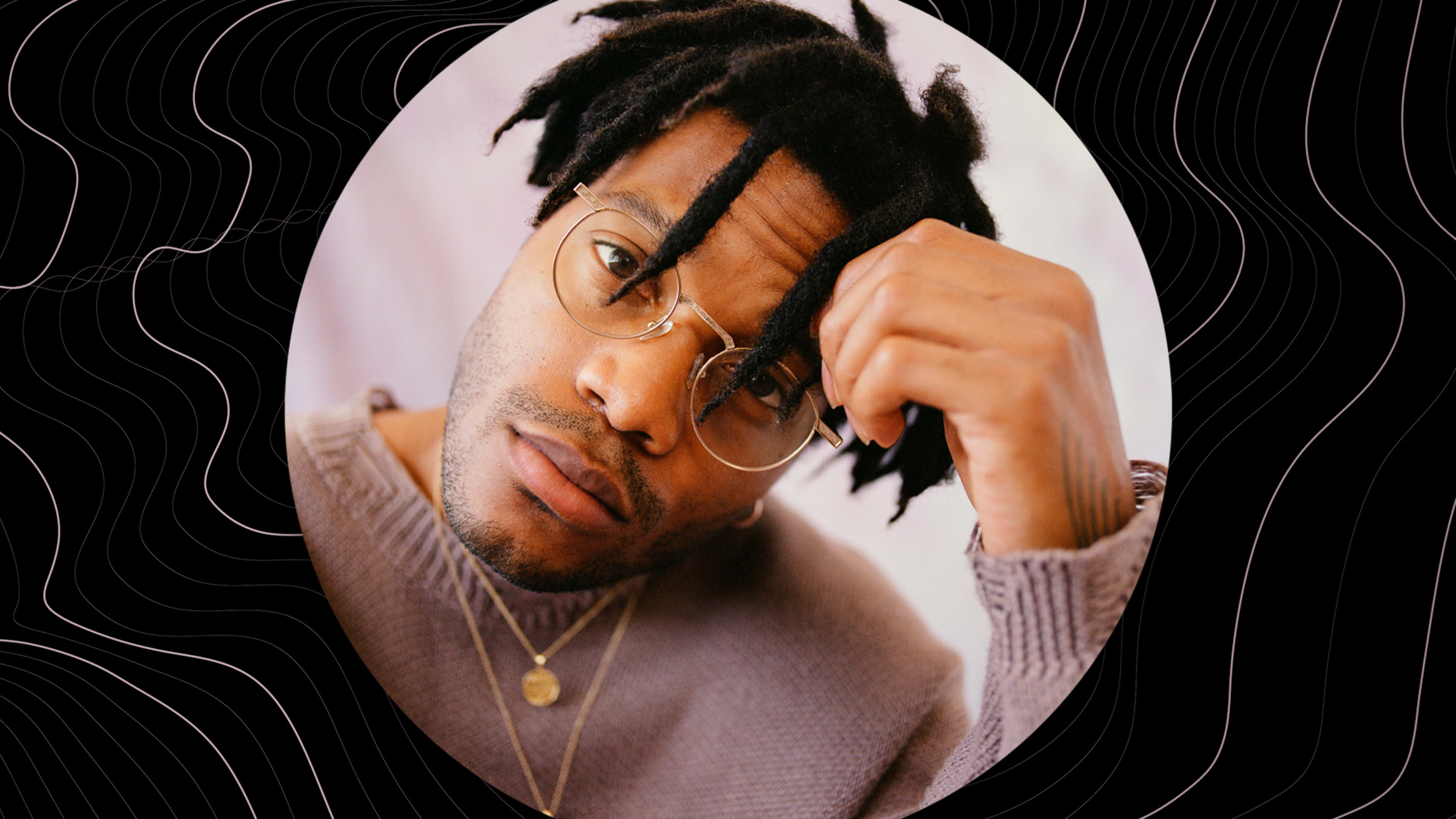Listen to the latest episode of Fast Company’s podcast Creative Conversation on Apple Podcasts, Spotify, RadioPublic, Google Podcasts, or Stitcher.
Ever since actor and comedian Jermaine Fowler saw Eddie Murphy’s 1987 standup special Raw, he knew he found his lane.
Apparently, he chose correctly.
Fowler has found success in TV, with shows including CBS’s Superior Donuts and truTV’s sketch series Friends of the People, as well as in films, starring in Sorry to Bother You and, perhaps his biggest break to date and a full circle moment on top of that, the forthcoming Coming 2 America alongside Murphy.
But what’s been missing in Fowler’s career lately is what got him into entertainment in the first place: stand-up comedy.
Fowler gained attention in the New York City stand-up circuit after moving to the city in 2008 from his hometown of Hyattsville, Maryland. Eventually, he landed his 2015 Showtime special Give ’em Hell, Kid. But not long after, he suffered a devastating one-two punch with his mom passing away in 2018 and, just a year later, his friend and frequent collaborator Kevin Barnett passing away as well.
“After they died, I didn’t feel like moving on anymore,” Fowler says in the latest episode of Fast Company‘s podcast Creative Conversation. “I wanted to quit comedy. I wanted to quit acting. And I kind of wanted to quit life at one point. I wanted to die. I was done.”
What slowly pulled him out of his personal and professional stupor was his therapist who put everything into context.
“He said, ‘I think after your mom and after Kevin died, because they were so huge in your life and huge pieces of your art, when they died, a piece of that enthusiasm died with them. You just don’t feel connected to stand-up anymore because that connection is gone. Physically it’s gone,'” Fowler recalls. “I just started bawling. That’s how I felt deep down. So, he said, ‘Why don’t you find a way to connect them to your art again? Even though they’re not here with you physically, find a way.'”
Even though Fowler admits he’s not “100%” back, he does have an upcoming Showtime event that he’s calling “hilariously dark and funny as shit.”
“I don’t like saying ‘[comedy]’ special’ anymore, because it’s deeper than that right now,” he says. “I want to motivate and inspire people. That’s why I do what I do. Because I’ve been through so fucking much, man. And there have been people who have been through way worse than me and don’t understand why and don’t know how to deal with it. At one point, I didn’t know how to deal with it either—and I’m still learning how to. So, I think it helps to hear other people go through the same shit that you’ve gone through to just understand that they’re not alone.”
In this episode, Fowler explains more about how he’s channeling his grief into art, how he moves past rejection, and what he’s learned from working with greats like Murphy, Whoopi Goldberg, and Judd Hirsch.
Listen to the latest episode of Fast Company’s podcast Creative Conversation on Apple Podcasts, Spotify, RadioPublic, Google Podcasts, or Stitcher.
Recognize your brand’s excellence by applying to this year’s Brands That Matter Awards before the early-rate deadline, May 3.
